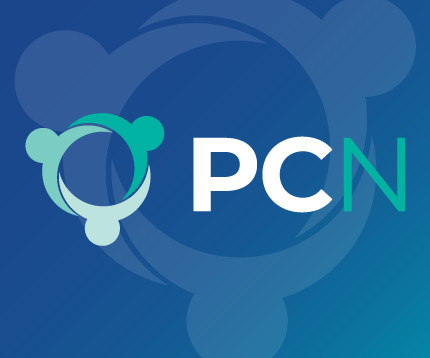Breaking the Silence: The Mounting Need for Trauma-Informed Hospice Care
Hospice News
MAY 3, 2024
More than half (51.5%) of home care workers overall have experienced verbal aggression, while 24.7% Victims battle an ever-present landmine of potential triggers as they reach the end of their lives. These can go undetected by a hospice provider who may unknowingly be adding to a patients’ stressors, Devoti stated. .












Let's personalize your content